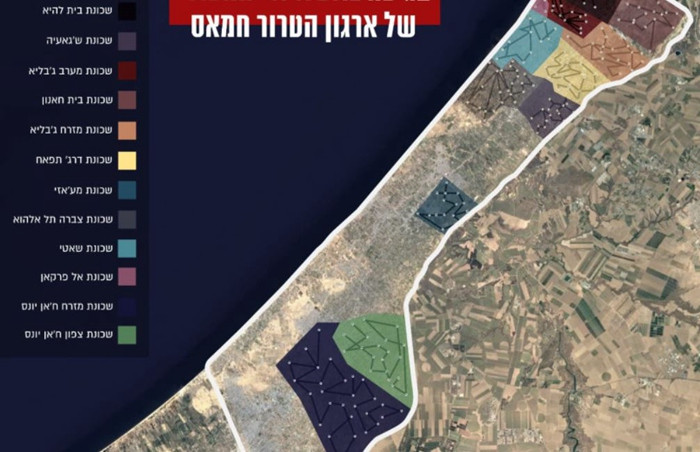Amid escalating concerns over the humanitarian crisis in Gaza, the U.S. military has embarked on a significant project to construct a large floating pier off Gaza's coast, aimed at streamlining the delivery of aid to the embattled region. This initiative, announced by President Joe Biden in March, is set to be operational by early May, according to the U.S. Defense Department.
The construction involves over 1,000 U.S. troops, who are assembling the pier at sea to avoid any land presence in Gaza, adhering to the sensitive geopolitical dynamics of the area. Major General Pat Ryder, a Pentagon spokesperson, highlighted the logistical efforts, stating, "US military vessels... have begun to construct the initial stages of the temporary pier and causeway at sea." This strategic approach allows the U.S. to enhance aid delivery while minimizing military footprint on the ground.
The floating pier will serve as a critical transit point for humanitarian aid shipped from Cyprus. Upon arrival, the aid will be transferred onto trucks via a temporary causeway connected to the shore, facilitating the distribution across Gaza. The U.S. plans to deliver up to 150 trucks of aid daily, potentially providing two million meals, which could sustain nearly all of Gaza's 2.3 million residents.
However, the efficiency of this operation may face challenges due to additional Israeli security measures. A senior American official revealed to Reuters that despite pre-screening in Cyprus, the humanitarian aid must still pass through Israeli checkpoints once on land. This added layer of security scrutiny raises concerns about potential delays in distributing the aid.
I CALLED THIS LITERALLY "DAY ONE" OF THE GAZA BOMING.
Former Foreign Affairs Congressman Claims: Gaza Pier will be used to
Export Palestinians to US & Canada https://t.co/hLLSuahZG1 #gatewaypundit via @gatewaypundit — Matt Baker (@slave_2_liberty) April 26, 2024
The Israeli military has committed to providing security and logistical support during the construction and operational phases of the pier. An IDF statement emphasized the collaborative nature of the effort, stating, "The IDF's participation highlights the joint efforts with international organizations to deliver humanitarian aid to the civilian population in Gaza."
Yet, the implementation of this project has not been without controversy. Discussions about how the Israelis will manage the pier's security have revealed sticking points, particularly concerning the installation of remote-controlled gun positions, which the U.N. opposes. These security measures are seen as necessary by the IDF due to the perceived threats from Hamas, which regards any military presence at the pier as potential targets for attack.
In response to the precarious security situation, the U.N. has segmented the port area into three zones to streamline the aid transfer process-from the Israeli-controlled drop-off point to the Palestinian drivers waiting to distribute the supplies further.
This initiative comes at a crucial time as the U.N. has warned that famine in Gaza is "almost inevitable," with children already suffering from starvation. The World Food Programme has taken the lead in the delivery operations, insisting that Israel must ensure the safety of aid workers, an imperative underscored by the recent tragedy where seven World Central Kitchen workers were killed in an Israeli air strike.






